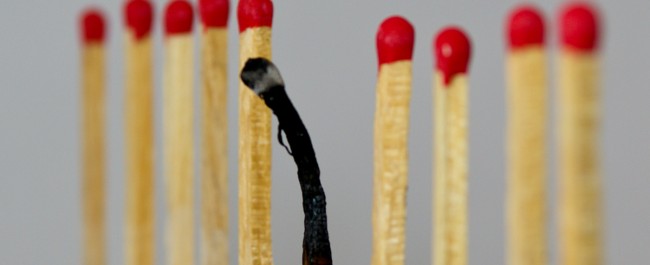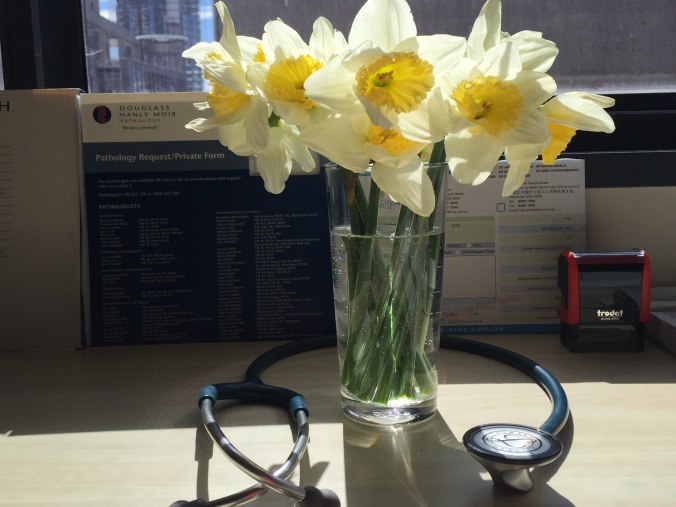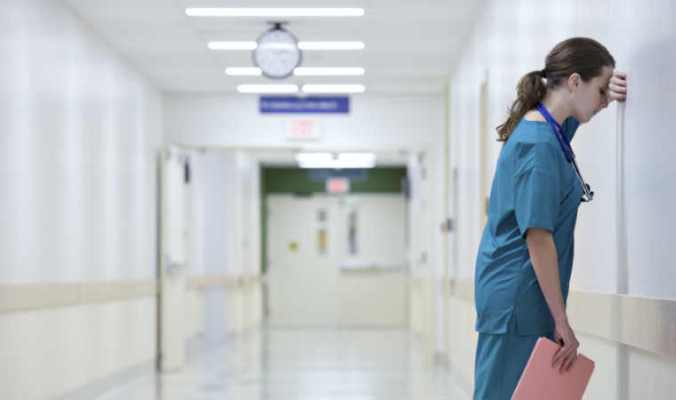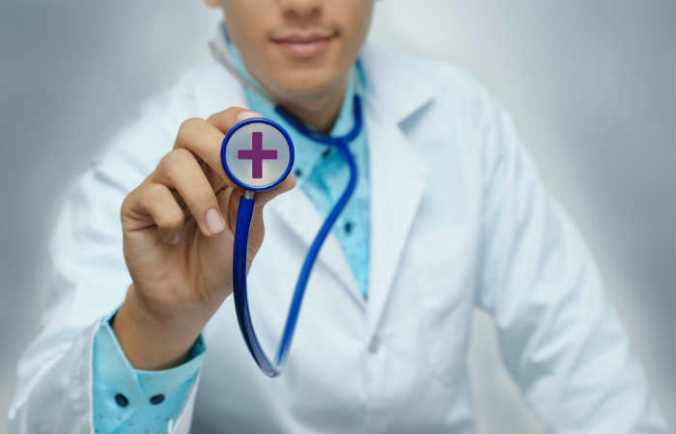 First published in the European Medical Journal October 18 2017 I re-publish it here:
First published in the European Medical Journal October 18 2017 I re-publish it here:
The buzz on the streets across the world is the need for healthcare reform. The costs of healthcare are exponentially skyrocketing globally and the rates of illness and disease are increasing, with mental health and chronic pain being in the top 5 causes of disease burden globally. Of the world’s population, 95% have some form of illness during the year; furthermore 81% of people with 5 or more health conditions are below the age of 65.1 The rising rates of chronic, non-communicable diseases across the planet are so rampant that the World Health Organisation (WHO) has labelled this as an epidemic.2
Globally, healthcare systems are struggling to cope with the burden of illness and disease they are faced with; the costs are expensive for healthcare organisations, governments, as well as consumers.
In today’s constrained financial times, the focus of healthcare reform has been on cost (including the cost of personnel) and how the cost will be sustained.
In the NHS, systems are stretched, with large numbers of staff leaving to work in lesser skilled roles for the same level of pay.3 The remaining staff are left in the tricky situation of coping with the high patient load with reduced numbers of colleagues.
In the USA, managed care has rationalised the delivery of healthcare with a focus on electronic health records for billable items, patient satisfaction, and business outcomes. This focus means professional autonomy has never been lower for healthcare professionals.
At the same time, the health and well-being of the medical professionals has reached an all-time low with burnout rates of more than 50%,4 rates of anxiety and high psychological distress greater than that of the general public,5 and suicide rates and suicidal ideation far higher than the general public.
The combination of these statistics highlights the potential difficulties associated with mental health faced by those in the medical profession and perhaps represents the tip of a growing iceberg.6 Continue reading
 When I spoke with a group of medical students recently, I asked them what their understanding of self-care is and what it is in their lives. Their responses were as follows:
When I spoke with a group of medical students recently, I asked them what their understanding of self-care is and what it is in their lives. Their responses were as follows:
 When young people go to medical school they are called medical students. They know that they are to learn about medicine. Everything about medical school is about learning about medicine. In fact, every waking moment is about learning about medicine.
When young people go to medical school they are called medical students. They know that they are to learn about medicine. Everything about medical school is about learning about medicine. In fact, every waking moment is about learning about medicine.






You must be logged in to post a comment.